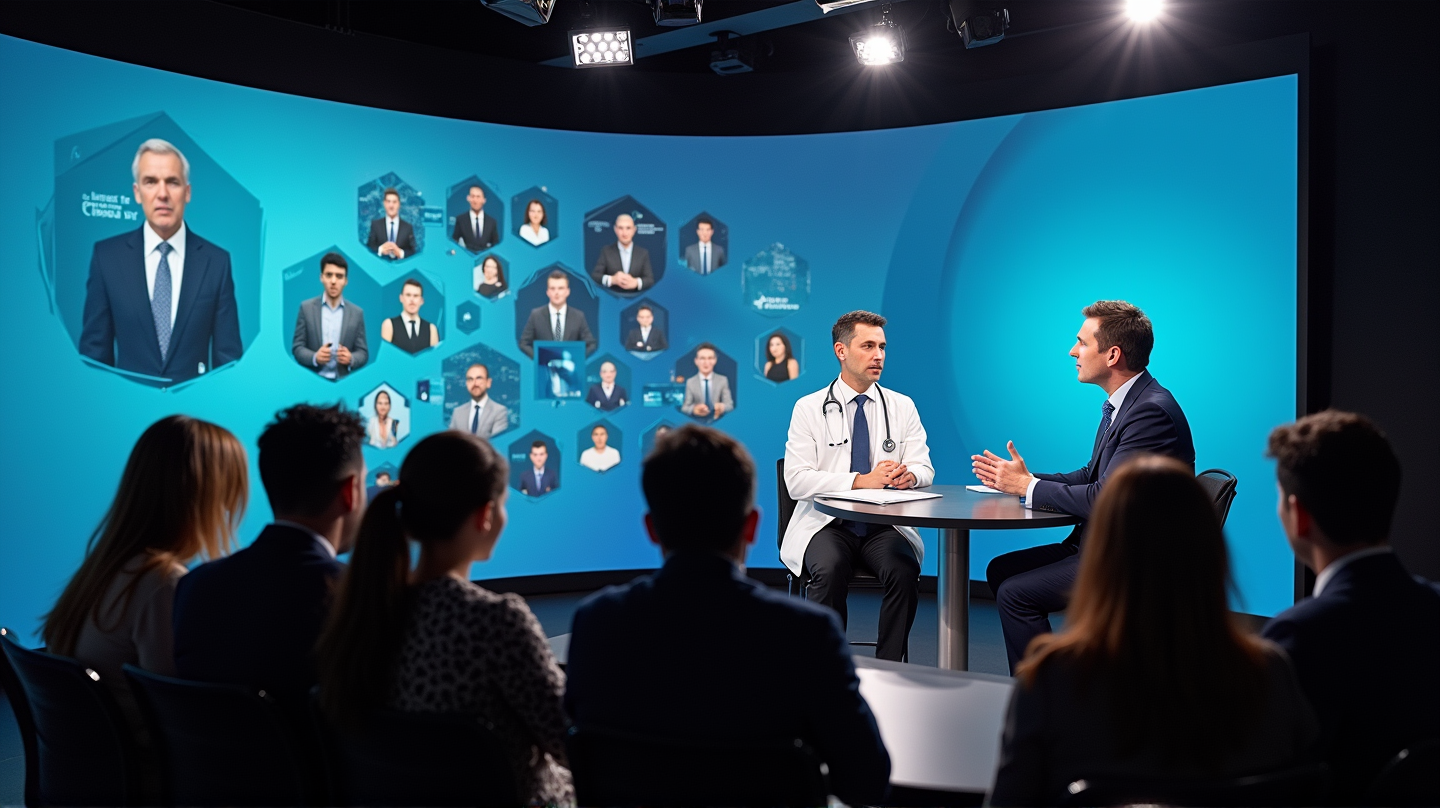Introduction: Unveiling the Concern
The digital world is buzzing with endless streams of information, but have you ever paused to wonder about the effect it has on your mental health? Dr. Vaibhav Diwadkar, a distinguished professor in psychiatry and behavioral neurosciences, recently illuminated this complex interplay during his appearance on ABC News. Let’s journey through Dr. Diwadkar’s insights to understand how social media might be subtly shaping our mental landscapes.
The Addictive Nature of Social Platforms
Dr. Vaibhav Diwadkar explored how social media addiction manifests, likening it to other well-known addictive behaviors. With likes, comments, and shares providing immediate gratification, users often find themselves entrapped in a cycle of seeking more engagement. This perpetual loop, he explains, may provoke enhanced anxiety or depression in some individuals, echoing the sentiments of countless studies.
The Double-Edged Sword
Social media isn’t all about doom and gloom; it’s nuanced. While it can facilitate connections and foster community, Dr. Diwadkar emphasizes the importance of understanding its dual nature. The bombardment of curated content and idealized lifestyles can prompt feelings of inadequacy, leading users to constantly compare themselves unfavorably to others, which can have adverse effects on mental well-being.
Building Awareness and Fostering Resilience
Dr. Diwadkar advises cultivating self-awareness regarding screen time and mental health indicators. Resilience building through mindfulness and social support networks is crucial. He highlights that users must be equipped with strategies to moderate usage and discern between digital reality and genuine experiences.
Taking Action: Collaborative Solutions
In addressing these challenges, Dr. Diwadkar suggests a collaborative approach. Parents, educators, and policymakers can play pivotal roles by promoting digital literacy, formulating supportive environments, and advocating for policy changes that protect mental health. Furthermore, tech companies hold responsibility for designing features that prioritize user well-being.
Conclusion: Navigating the Digital World Mindfully
The conversation with Dr. Vaibhav Diwadkar serves as a reminder of the dynamic relationship between social media and mental health. As users, we are encouraged to navigate this vast digital expanse mindfully, recognize potential pitfalls, and engage with content that nourishes as much as it informs. As stated in ABC News, platforms hold power for profound influence, and our approach to them determines the narrative they weave into our lives.
